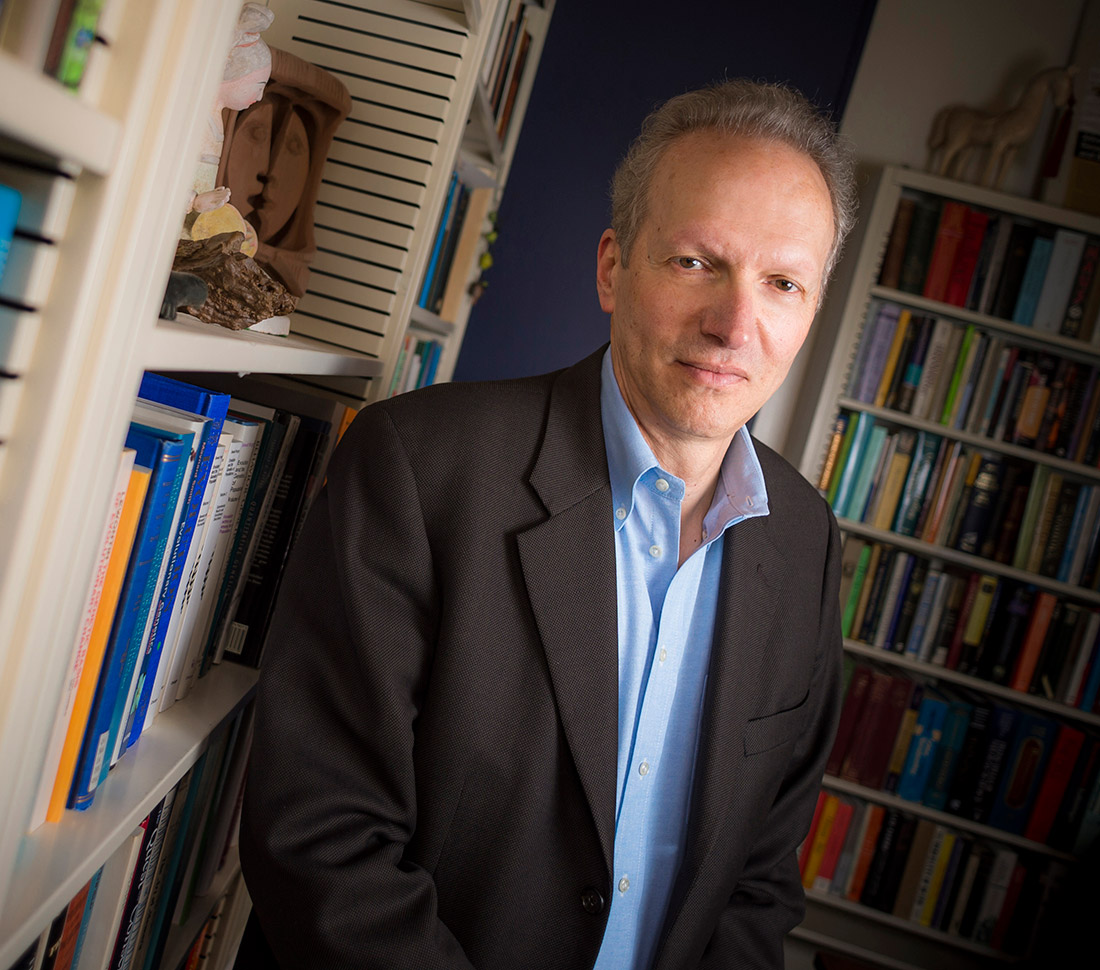California Brain Research Program Launched
October 30, 2014
(Originally published by the University of California, San Diego)
Cal-BRAIN – a statewide research grants program that aims to revolutionize our understanding of the brain – is officially underway. The first call for proposals has gone out, and the program expects to announce its first awards in early 2015.

The program is seeking interdisciplinary teams from throughout the state to develop innovative new technologies for monitoring and analyzing wide-scale activity in the brain.
An initiative led by UC San Diego, Cal-BRAIN is short for California Blueprint for Research to Advance Innovations in Neuroscience. The program was signed into law in June and is the California complement to the federal BRAIN Initiative announced by President Barack Obama in 2013.
Ralph Greenspan, director of UC San Diego’s Center for Brain Activity Mapping, and Paul Alivisatos, director of the Lawrence Berkeley National Laboratory, are serving as Cal-BRAIN’s co-directors. Greenspan and Alivisatos are also co-authors for the initial proposals that led to both to the BRAIN Initiative and to Cal-BRAIN.
“We have laid the foundations for this important exploration of the brain in health and in disease, and we now look forward to being instrumental in the future of this research as well, ” said UC San Diego Chancellor Pradeep K. Khosla. “UC San Diego is a natural leader to accelerate the development of ‘neurotechnology,’ as we have some of the world’s top scholars in both engineering and neurosciences.”
Cal-BRAIN has an initial allocation of $2 million. Seed grants in the first year will be a maximum of $120,000. Scientists from all California non-profit research institutions are eligible to apply.
The call for proposals was approved by Cal-BRAIN’s California Advisory Board, Greenspan explained, which “represents all the major neuroscience research universities in California.”
To reduce the possibilities for conflict of interest, an out-of-state reviewing committee will assess the proposals. The first round of approximately 12 seed grants should be ready to announce by the end of January, Greenspan said.
“We’re eager to see the forward-looking research ideas that will come in,” Greenspan, who is also associate director of the Kavli Institute for Brain and Mind at UC San Diego and professor in residence of neurobiology and cognitive science. “We have high hopes that California can play a major leading role in the national search for a better understanding of the brain.”
For more information on the program and to apply, visit the Cal-BRAIN website or write to [email protected].
Cal-BRAIN is also seeking public input and will hold a Patients and Advocates Symposium on March 28 at the Sanford Stem Cell Consortium auditorium.